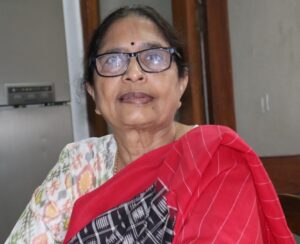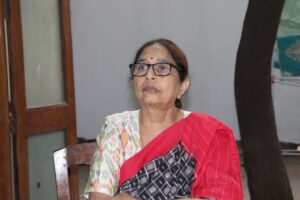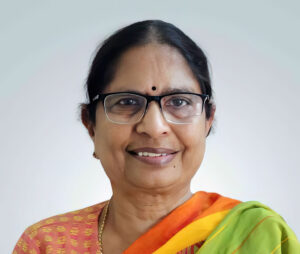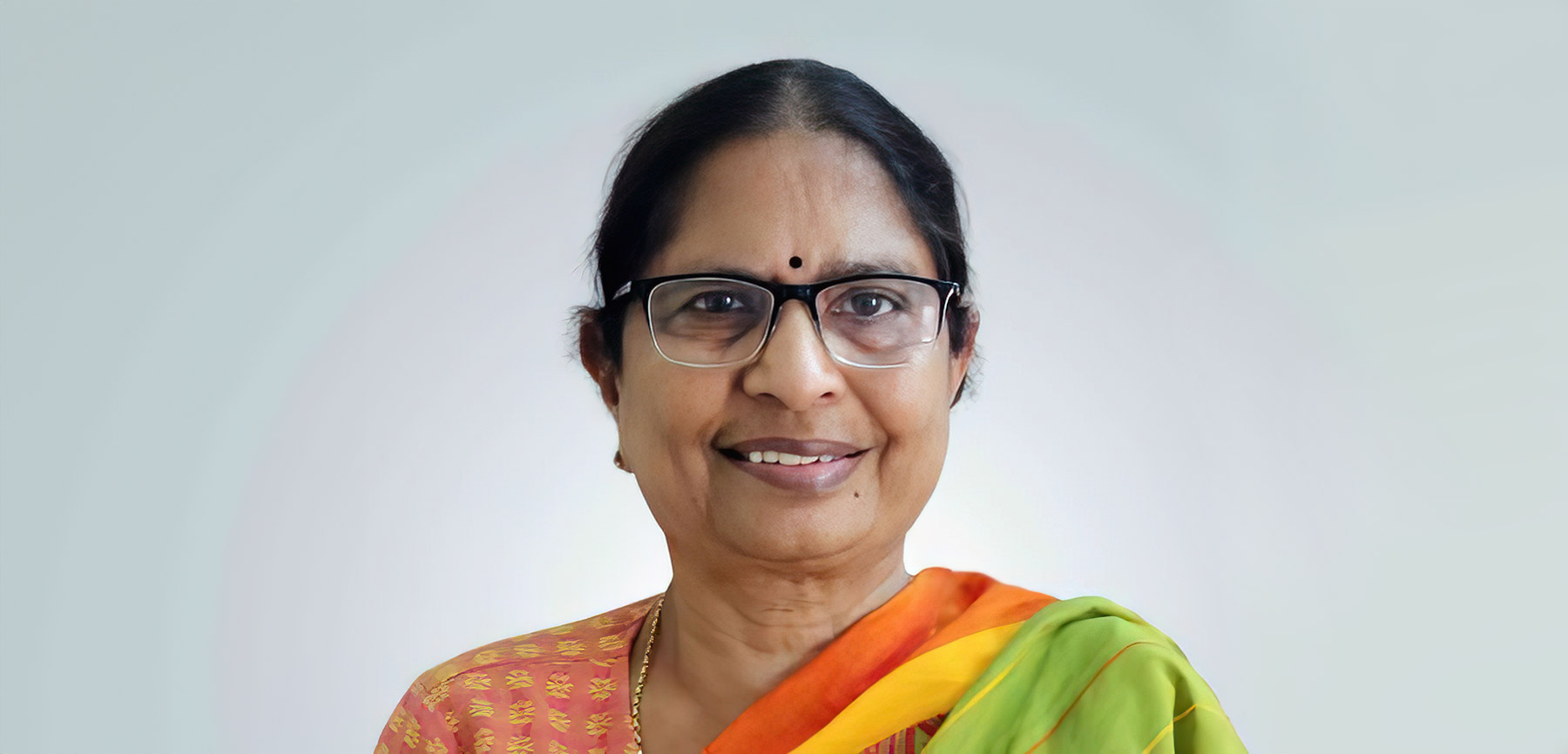Shantha Sinha is a Professor (Retd), Department of Political Science, University of Hyderabad, former Chairperson National Commission for Protection of Child Rights (NCPCR), Govt. of India, Founder Secretary Trustee of Mamidipudi Venkatarangaiya Foundation (MVF or M V Foundation) and India’s leading child rights activist.
Recipient of the Albert Shanker International Educational Award presented by Educational International in recognition of outstanding personal contribution for education in 1998, U.S. International Fellow – 1998, Ramon Magsasay Award, 2003 for community leadership and the Padma Shri in 1998 by the Government of India.
Believing in the principle that ‘no child must work and every child must attend full time formal day school’ as a non-negotiable, she spearheaded a social revolution which was the main driving force responsible for withdrawing over 10 lakh children in the 5-14 years age group from child labor; stopping over 20,000 child marriages and ensuring that all these children have been admitted into government schools by MVF. Every child is tracked until they finish 10th grade. It pioneered the program for mainstreaming children to schools through residential bridge courses. 1500 villages where MVF has intervened have achieved retention of 99% of all children in schools up to 10th class.
She headed the National Commission for Protection of Child Rights (NCPCR) as the first Chairperson for two consecutive terms from 2007-2013. In this capacity she addressed issues concerning violation of children’s rights in relation to child labor and child trafficking; rights of children in areas of civil unrest; children’s right to education; juvenile justice system; corporal punishment, child abuse and violence on children; child malnutrition and so on.
The information on this page was last updated on 11/05/2024 and was provided by the Luminary.





